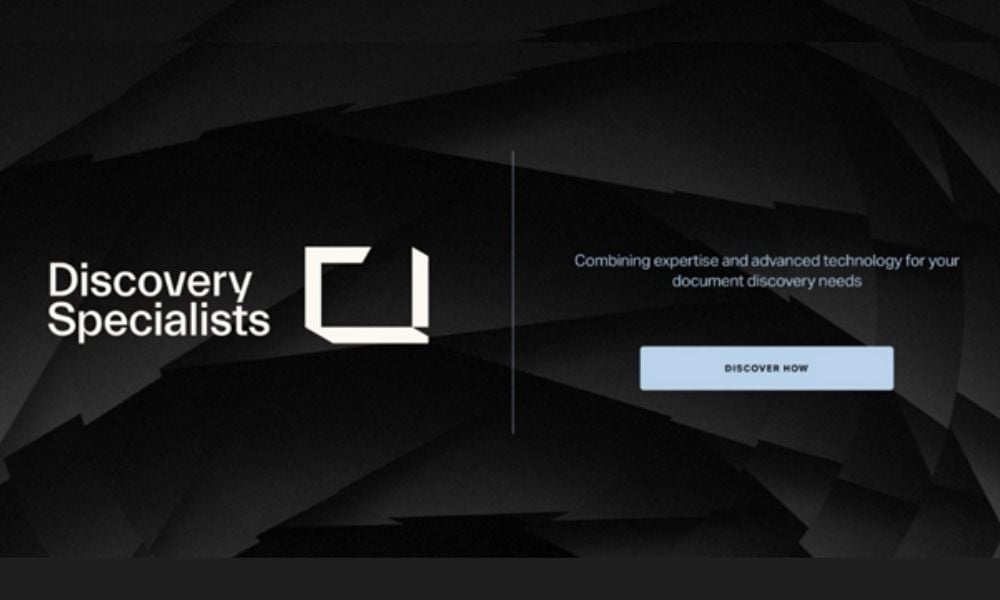
New service to streamline complex document reviews with AI

Anthony Harper launched Discovery Specialists, a document discovery outsourcing service for small to medium law firms, barristers, insolvency practitioners, corporations, and regulators. The firm says this new service draws on its legal and technological expertise to handle complex, large-scale document review tasks.
Managing Partner Ed Dunphy emphasized that Anthony Harper’s involvement in the CBL Insurance litigation highlighted the need for scalable and adaptable discovery solutions. This experience has informed the development of Discovery Specialists.
“By using a combination of human and machine intelligence, Discovery Specialists has developed a process which provides an efficient and high-quality review process tailored to the specific circumstances of each review,” Anthony Harper partner Joey James said.
James also explained that effective use of artificial intelligence tools requires a deep understanding of claim documents, an area where their litigation experience is crucial.
Anthony Harper's role in the CBL Insurance Limited liquidation, which earned them the Insolvency and Restructuring Deal of the Year at the 2023 NZ Law Awards, involved reviewing over 6.5 million documents for a claim exceeding $320 million. This case included nine causes of action and involved 13 King’s Counsel and 12 law firms against the company’s former directors.
The document review process underscored the importance of understanding claim documents, especially during the preliminary stages of author, keyword, and key phrase filtering.
Dan Hughes, head of litigation at Anthony Harper, noted that clear protocols were established for managing privileged material and providing secure cloud-based access for their team of 30 reviewers. The core of this process was Technology Assisted Review (TAR), utilizing AI-based continuous machine learning algorithms to identify key documents more efficiently.
“The award was not only recognition for this achievement, but also validation that the discovery processes we had developed could easily scale and adapt. We’ve completed discovery on a much smaller scale, involving 150,000 documents, and sometimes more complex with 30 interested parties,” Hughes said.